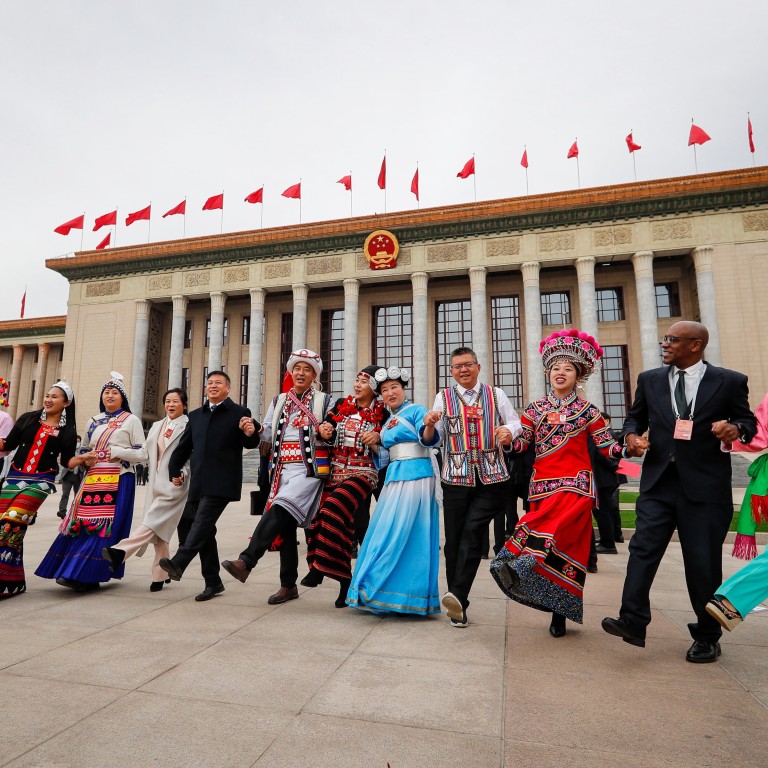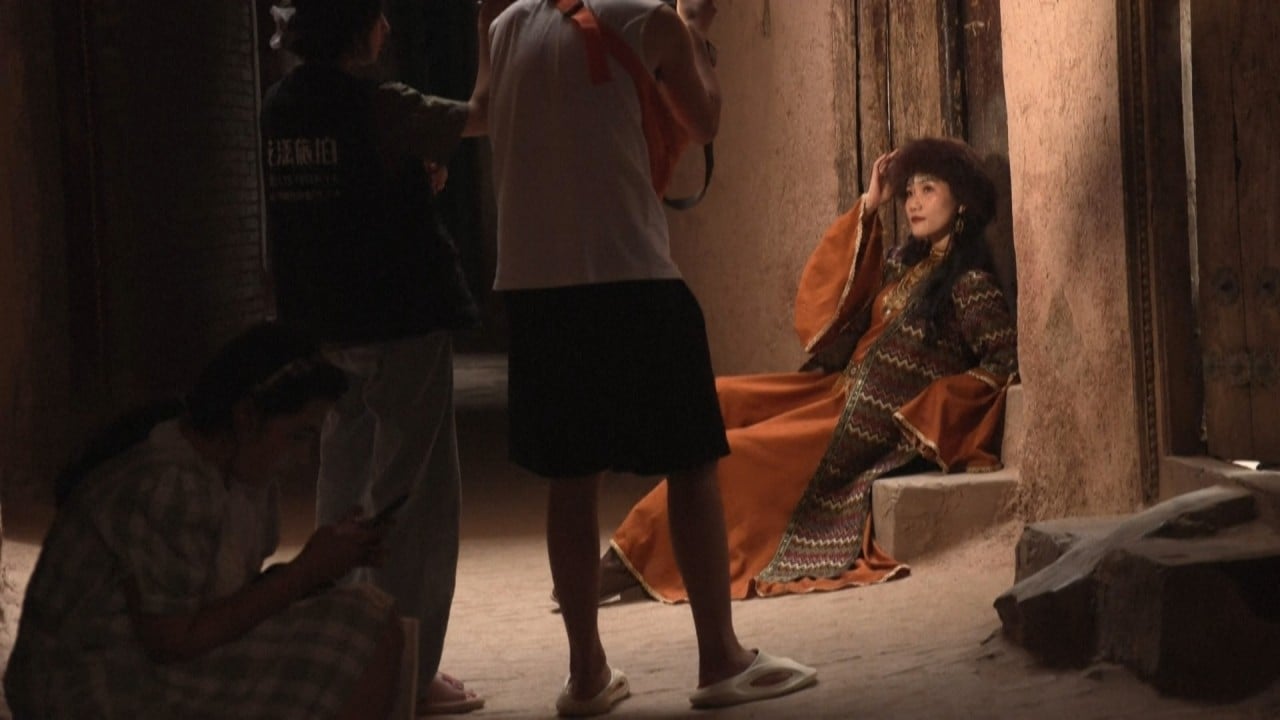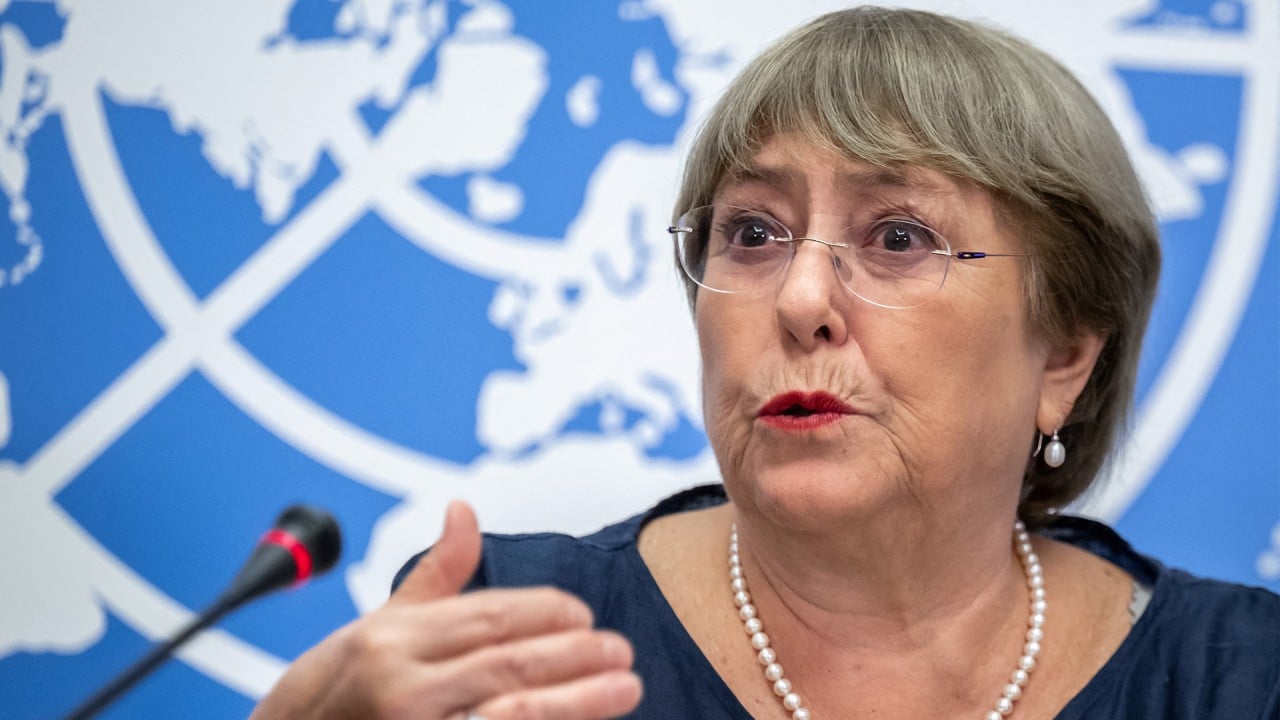
China to more tightly control ethnic minority discussion online and in print to temper ideological ‘risks’
- Communist Party’s theoretical journal article calls for greater oversight of public opinion to ‘resolutely fend off the infiltration of the three forces’
- The remarks come as Beijing stresses the need to realise Xi Jinping’s vision of ‘forging a sense of community of the Chinese nation’
In an article published on Thursday in the Communist Party’s theoretical journal Qiushi, the National Ethnic Affairs Commission called for greater oversight of public opinion and discussion around ethnic minority groups and related issues online.
The article referred to “risks” arising from ethnic minority communities and called for “the responsibility mechanism of ideology work” to be implemented.
China’s ethnic affairs officials urged to promote integration of minority groups
The commission called for greater supervision, for officials to “promptly and appropriately” address grievances involving issues related to ethnic minority groups and to “absolutely uphold the bottom line of preventing regional and systemic risks in the ethnic regions”.
However, in addition to a call for greater control, the article endorsed more resources being put into art – such as in publications, on stage and visual arts – that the commission said could help ethnic minority groups identify more deeply with Chinese culture.
“[We] should aim to make the internet the biggest contributor to strengthening the awareness of the community of the Chinese nation,” it said.
The article is under the byline of the Communist Party leadership group at the National Ethnic Affairs Commission, the office responsible for drafting and implementing laws regarding China’s policies towards its ethnic minority groups.
Beijing has largely tamped down the intensity of those tensions in recent years by tightening its grip on the region’s security and culture policies. Its measures have attracted criticism from Washington and its allies who accuse Beijing of using the actions to inflict human rights abuses.
China’s United Nations human rights review puts global divide on display
For example, Beijing’s treatment of ethnic minority groups in Xinjiang has drawn mounting criticism from Western media and organisations, and allegations that it detained a million Uygurs and members of other Muslim minority groups in re-education camps and forced them into labour.
Beijing strongly denies this, saying the security measures are intended to counter terrorism and extremism.
The article in Qiushi on Thursday said China’s external communication around its ethnic minority groups was not effective, saying Beijing “has a valid point but not able to effectively communicate it”. Without naming any countries, it said this was because of some countries’ “hegemonic dominance”.
It said Beijing had stepped up efforts in the hope its global communication would better align with its narrative.



